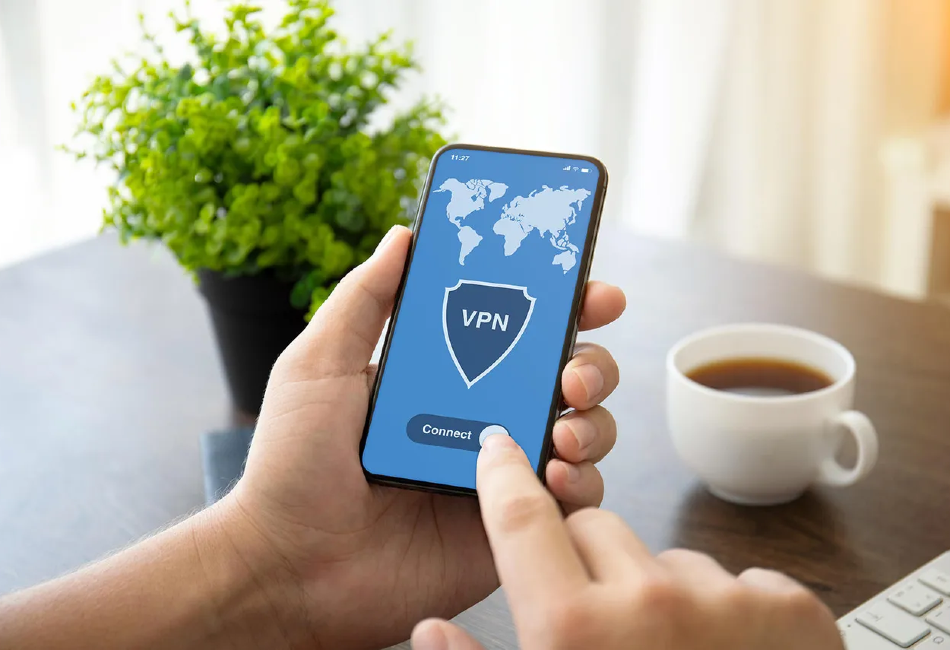VPNs are especially beneficial in today’s world, where most people go online daily. Just think how many times you use your internet connection – you’ve probably checked social media, opened a website, and sent a few WhatsApp messages before breakfast!
With this hyperconnectivity, the security and privacy that VPNs provide are invaluable, but with so many providers, it can be difficult to know which is the right one for you. In this guide, we aim to help you make that choice, including looking at common VPN features that could be beneficial.
Choosing the Best VPN Depends on Your Needs
It’s important to remember that the best VPN for someone else may not necessarily be the best VPN for you. Before you jump into researching, consider what you want a VPN for.
Do you just want to improve your online security? Maybe you want to bypass geo-blocking on streaming services and access content from your country when you’re abroad. By understanding your intent, you can look at the VPN features from different providers and find a suitable option.
Features to Look for When Choosing a VPN Provider
Most providers offer a host of common VPN features, and understanding these and what to look for makes your search easier. These common features include security, privacy, server speeds, and additional features, to name a few.
Security and privacy
The two main functions of a VPN are your security and privacy, and this is always something you should research first. Three features that fall into this category include:
- Basic data encryption, such as 256-bit encryption.
- Available VPN protocols (OpenVPN, IKEv2/IPSec, WireGuard).
- Data logging policies.
The VPN provider should offer strong encryption, such as AES 256-bit encryption, to protect your data and give you privacy. Ideally, they should also use one of the three VPN protocols we listed above, with OpenVPN being considered the safest.
Lastly, check their data logging policies. Log policy shows if and how the VPN collects your internet traffic data and what they do with it, which is a key privacy concern.
Server speeds and availability
The main issue people experience with VPNs is a slower internet connection, which is because your connection is being routed through a “middle-man”.
Therefore, you should consider server specs and speeds and their regional availability. Most VPN providers have server locations worldwide, so you can always connect to one close to your physical location for better speeds.
Additional features
Aside from the basic VPN functionality, you may require additional VPN features, and these can be especially beneficial. These are generally centered on enhanced security and privacy, and examples include:
- Kill switch (instantly disconnects your devices if the VPN fails).
- Double-VPN (You connect through two VPN servers instead of one for better security). ● Secure file-sharing tools.
Usability
Not everyone is a tech genius or has experience using VPN apps, so usability should be high on your priority list. Ideally, you want software that is easy to download and install and is simple to use. You should be able to easily connect to the VPN, change servers, and use the additional features.
Supported devices
Often, VPN subscriptions are for a limited number of simultaneous connections. You must, therefore, think about how many people are in your household and how many devices may need to be connected to the VPN service at once.
For example, maybe you and your partner both have a smartphone, and you also have a tablet and laptop, so that’s four potential simultaneous VPN connections. Which providers can offer that, or how much extra would it cost to accommodate all your devices?
Customer support
For the most part, VPNs are usually easy to use, and it’s a simple process to connect to a server. However, what happens if you encounter a problem? Maybe you can’t connect to a server, or you are getting some type of error message.
In these instances, you want the ability to contact the customer support team. Therefore, when looking at VPN features, check their customer support, including the available contact methods and their hours of operation.
Price packages and subscriptions
Although price shouldn’t be the determining factor, everyone has a budget, so you should look at how the VPN provider’s pricing structure works.
What subscription plans do they offer? Do you pay monthly? Are there any discounts for committing to a longer subscription? Also, look at the accepted payment methods.
Get the VPN Features You Need and Find the Right Provider for Your Circumstance
If you want to protect yourself online, then a VPN is one of the simplest things you can invest in, and using the above VPN features, you should be able to pick a suitable provider. Always make sure you check customer reviews and testimonials to see if the provider has a sound reputation and is trustworthy.

